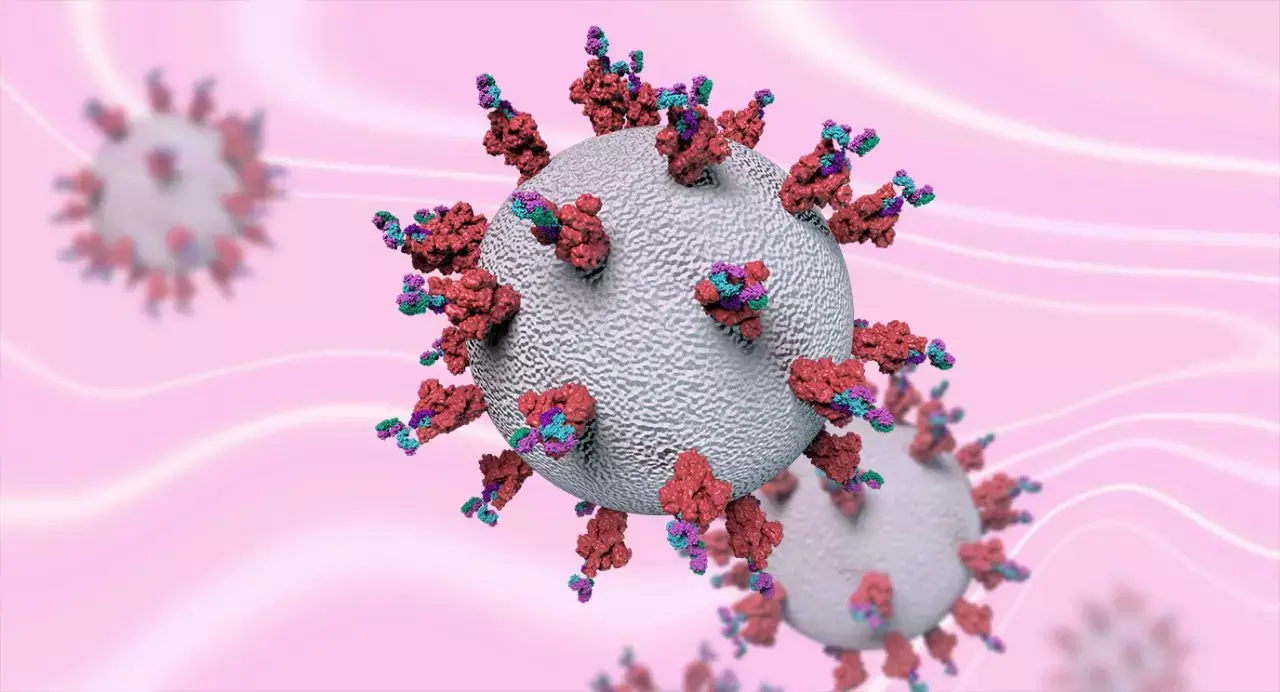- Home
- Medical news & Guidelines
- Anesthesiology
- Cardiology and CTVS
- Critical Care
- Dentistry
- Dermatology
- Diabetes and Endocrinology
- ENT
- Gastroenterology
- Medicine
- Nephrology
- Neurology
- Obstretics-Gynaecology
- Oncology
- Ophthalmology
- Orthopaedics
- Pediatrics-Neonatology
- Psychiatry
- Pulmonology
- Radiology
- Surgery
- Urology
- Laboratory Medicine
- Diet
- Nursing
- Paramedical
- Physiotherapy
- Health news
- Fact Check
- Bone Health Fact Check
- Brain Health Fact Check
- Cancer Related Fact Check
- Child Care Fact Check
- Dental and oral health fact check
- Diabetes and metabolic health fact check
- Diet and Nutrition Fact Check
- Eye and ENT Care Fact Check
- Fitness fact check
- Gut health fact check
- Heart health fact check
- Kidney health fact check
- Medical education fact check
- Men's health fact check
- Respiratory fact check
- Skin and hair care fact check
- Vaccine and Immunization fact check
- Women's health fact check
- AYUSH
- State News
- Andaman and Nicobar Islands
- Andhra Pradesh
- Arunachal Pradesh
- Assam
- Bihar
- Chandigarh
- Chattisgarh
- Dadra and Nagar Haveli
- Daman and Diu
- Delhi
- Goa
- Gujarat
- Haryana
- Himachal Pradesh
- Jammu & Kashmir
- Jharkhand
- Karnataka
- Kerala
- Ladakh
- Lakshadweep
- Madhya Pradesh
- Maharashtra
- Manipur
- Meghalaya
- Mizoram
- Nagaland
- Odisha
- Puducherry
- Punjab
- Rajasthan
- Sikkim
- Tamil Nadu
- Telangana
- Tripura
- Uttar Pradesh
- Uttrakhand
- West Bengal
- Medical Education
- Industry
Maternally derived COVID-19 antibodies provide protection to neonates, finds JAMA study

Newborn protection from infection is primarily dependent on neonatal innate immune responses and maternally derived, transplacentally acquired antibodies. The extent to which maternal antibodies produced in response to severe acute respiratory syndrome coronavirus 2 (SARS-CoV-2) infection during pregnancy cross the placenta is important for understanding potential neonatal protection from coronavirus disease. To date, studies of transplacental transfer of maternal SARS-CoV-2–specific antibodies to newborns are limited to case reports and small case series of women with symptomatic infection.
In the latest edition of JAMA pediatrics, Flannery et al reported that cord blood antibody concentrations(IgG antibodies to SARS-CoV2 infection) correlated with maternal antibody concentrations and with duration between onset of infection and delivery.
In this cohort study , a total of 1471 mother-infant dyads were available for maternal and cord blood sera antibody measurement. Data pertaining to maternal history, obstretic factors and previous covid infection was collected and recorded. Women have samples drawn for testing at the time of delivery and were analysed by ELISA for antibodies. Samples with IgG and/or IgM concentrations more than 0.48 arbitrary units/mL were considered seropositive. Samples with IgG and/or IgM concentrations below this cutoff were assigned a value of 0.24 arbitrary units/mL for statistical analysis.
Key findings of the study are:
-Of the 1471 dyads, 83 women (6%)were SARS-CoV-2 IgG and/or IgM-seropositive.
-All women except (one mother who declined) who were seropositive were NP-PCR(nested primer polymerase chain reaction) tested, 44 of 82 tested women (54%)were positive by NP-PCR testing at some point during pregnancy . Most women who were seropositive (50 of 83 [60%])were asymptomatic for COVID-19.
-Among infants born to seropositive women, 72 (87%) were seropositive and 11 (13%;) were seronegative. No infants who were seropositive were born to the 1388 seronegative women.
-Newborns were tested for SARS-CoV-2 by NP-PCR between 24 and 48 hours after birth only if the mother was NP-PCR positive and met clinical criteria for being contagious at the time of delivery. Among the 20 of 83 infants (24%) tested on the basis of these criteria, none were positive.
-There was a positive correlation between SARS-CoV-2 IgG concentrations in cord and maternal sera (P < .001).
-Researchers observed a positive correlation between transfer ratio and increasing time between NP-PCR testing and delivery (P < .001).
From the study it is evident that there were no detectable IgM antibodies in any cord blood serum samples even in cases of critical maternal illness or preterm delivery, supporting that maternal-fetal SARS-CoV-2 transmission is rare. Higher maternal antibody concentrations and a higher transfer ratio were associated with increasing duration between onset of maternal infection and time of delivery. Further studies are needed to determine if SARS-CoV-2 antibodies are protective against newborn infection; if so, at what concentration; and whether the transplacental kinetics of vaccine-elicited antibodies are similar to naturally acquired antibodies.
Authors conclude:" Our findings provide insight into the dynamics of maternally derived, potentially protective neonatal immunity against SARs-CoV2 infection."
Source: Flannery DD, Gouma S, Dhudasia MB, Mukhopadhyay S, Pfeifer MR, Woodford EC, Triebwasser JE, Gerber JS, Morris JS, Weirick ME, McAllister CM, Bolton MJ, Arevalo CP, Anderson EM, Goodwin EC, Hensley SE, Puopolo KM. Assessment of Maternal and Neonatal Cord Blood SARS-CoV-2 Antibodies and Placental Transfer Ratios. JAMA Pediatr. 2021 Jun 1;175(6):594-600. doi: 10.1001/jamapediatrics.2021.0038.
Dr Kamal Kant Kohli-MBBS, DTCD- a chest specialist with more than 30 years of practice and a flair for writing clinical articles, Dr Kamal Kant Kohli joined Medical Dialogues as a Chief Editor of Medical News. Besides writing articles, as an editor, he proofreads and verifies all the medical content published on Medical Dialogues including those coming from journals, studies,medical conferences,guidelines etc. Email: drkohli@medicaldialogues.in. Contact no. 011-43720751


